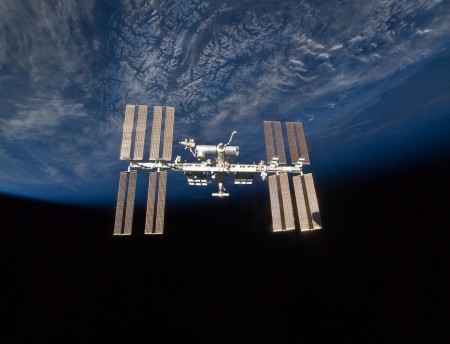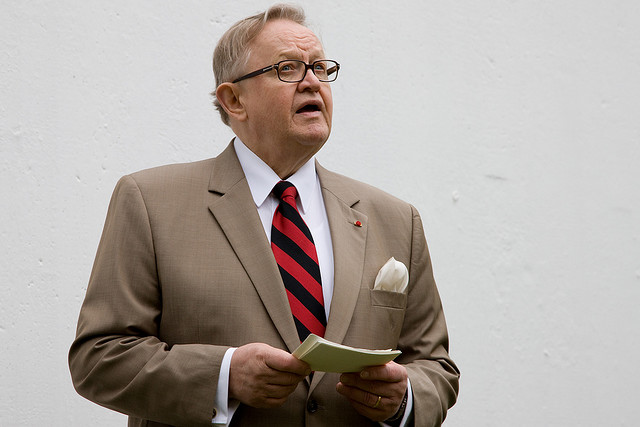
This article was originally published by War on the Rocks on 6 May 2016.
In the latest sign of how new entrants are upending the space launch industry, the Air Force announced last week that an $83 million contract awarded to SpaceX to put a GPS satellite into orbit would cost the government 40 percent less than the competing bid from United Launch Alliance (ULA), a joint venture of Boeing and Lockheed Martin. As impressive as that is, SpaceX’s competitiveness is set to increase further after the firm achieved a milestone in the history of space exploration. After numerous failed attempts, SpaceX successfully landed the first stage of one of its rockets on a “drone ship” floating in the Atlantic Ocean. The rocket’s payload, a cargo delivery to the International Space Station (ISS), was successfully lifted into orbit.
The achievement is a first step towards the reuse of SpaceX rockets (or more precisely the first of the rocket’s two stages), which previously would be lost after a single use. The next step will be to attempt to refurbish and reuse a rocket — potentially many times over — at acceptable cost and risk. The Space Shuttle’s solid rocket boosters parachuted to sea and were recovered by ship, but they did not themselves lift payloads into orbit and were very expensive to refurbish. Another rocketry firm, Blue Origin, has also managed to safely land its rockets after launch, but those are sub-orbital vehicles not meant to reach the ISS or place satellites aloft. ULA has studied reusability but has not implemented it.
The major implication of rocket reusability – and the reason it has been so feverishly pursued — is to reduce the price of placing a payload into orbit. SpaceX’s per-launch price is reportedly $60 million, well below the $200 million charged by ULA or the $137 million charged by Europe’s Arianespace launch consortium. Rocket reuse stands to reduce SpaceX’s price even further, to perhaps just $40 million. To put that in perspective, it is about the same as it costs to stage the Oscars.

